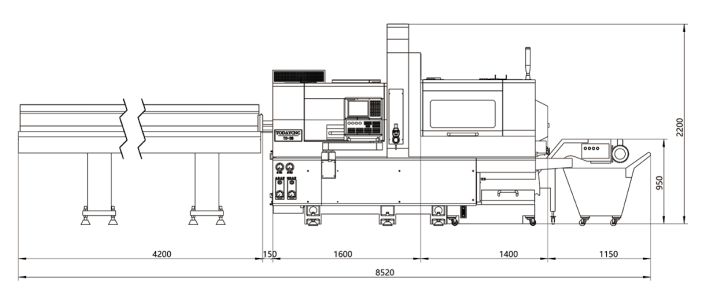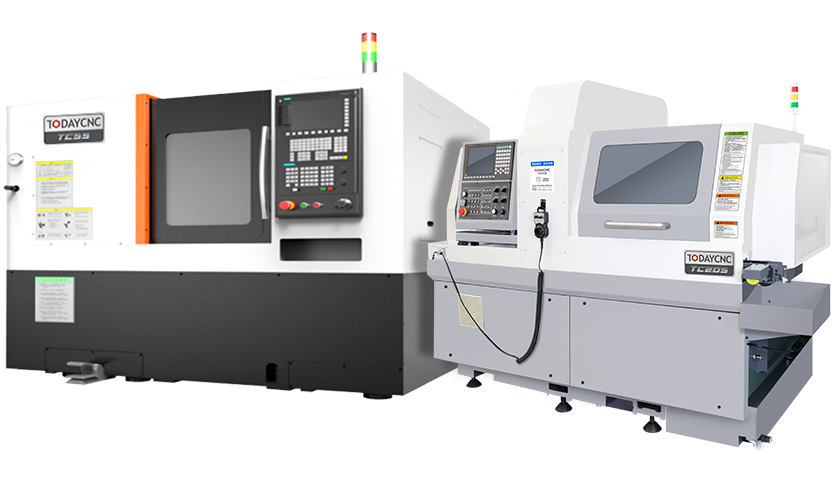Understanding Wholesale Milling and Turning Machines: A Comprehensive Guide
In the manufacturing and machining industry, wholesale milling and turning machines play a crucial role in the production process. These machines are essential for shaping materials like metal, plastic, and wood into precise components used in various applications. Understanding the fundamentals of these machines can significantly enhance your decision-making when it comes to purchasing or utilizing them in your operations.
Milling machines are designed to remove material from a workpiece using rotating cutting tools. They can perform various operations, including drilling, boring, and slotting, making them versatile tools for producing complex shapes and features. When it comes to bulk purchasing, wholesale milling machines can provide significant cost savings for manufacturers looking to optimize their production processes.
On the other hand, turning machines, often referred to as lathes, specialize in rotating the workpiece against a stationary cutting tool. This method is particularly efficient for creating cylindrical shapes, such as shafts and rods. Wholesale turning machines offer manufacturers the advantage of producing high volumes of turned parts with exceptional precision and surface finish.
One of the primary benefits of wholesale milling and turning machines is their ability to enhance productivity. When manufacturers invest in high-quality machines, they can achieve faster production times and reduce waste, ultimately improving profitability. Moreover, the advancements in technology have led to the development of CNC (Computer Numerical Control) systems, which enable automated, precise, and repeatable machining processes. This automation significantly reduces human error and allows for complex designs to be produced with ease.
Additionally, the choice between wholesale milling and turning machines often depends on the specific requirements of the project. For instance, if the project involves creating intricate shapes with multiple features, a milling machine would be more advantageous. Conversely, for projects focused on cylindrical components, turning machines would be the preferred option.
It's also essential to consider the maintenance and support associated with these machines. Reliable vendors of wholesale milling and turning machines usually provide comprehensive service packages and technical support, which are crucial for keeping machines running efficiently and minimizing downtime.
In conclusion, understanding wholesale milling and turning machines is vital for manufacturers striving to enhance their production capabilities. By recognizing the differences, advantages, and applications of these machines, businesses can make more informed choices, ultimately leading to improved efficiency and output in their operations. Exploring these options can pave the way for success in the competitive manufacturing landscape.
Milling machines are designed to remove material from a workpiece using rotating cutting tools. They can perform various operations, including drilling, boring, and slotting, making them versatile tools for producing complex shapes and features. When it comes to bulk purchasing, wholesale milling machines can provide significant cost savings for manufacturers looking to optimize their production processes.
On the other hand, turning machines, often referred to as lathes, specialize in rotating the workpiece against a stationary cutting tool. This method is particularly efficient for creating cylindrical shapes, such as shafts and rods. Wholesale turning machines offer manufacturers the advantage of producing high volumes of turned parts with exceptional precision and surface finish.
One of the primary benefits of wholesale milling and turning machines is their ability to enhance productivity. When manufacturers invest in high-quality machines, they can achieve faster production times and reduce waste, ultimately improving profitability. Moreover, the advancements in technology have led to the development of CNC (Computer Numerical Control) systems, which enable automated, precise, and repeatable machining processes. This automation significantly reduces human error and allows for complex designs to be produced with ease.
Additionally, the choice between wholesale milling and turning machines often depends on the specific requirements of the project. For instance, if the project involves creating intricate shapes with multiple features, a milling machine would be more advantageous. Conversely, for projects focused on cylindrical components, turning machines would be the preferred option.
It's also essential to consider the maintenance and support associated with these machines. Reliable vendors of wholesale milling and turning machines usually provide comprehensive service packages and technical support, which are crucial for keeping machines running efficiently and minimizing downtime.
In conclusion, understanding wholesale milling and turning machines is vital for manufacturers striving to enhance their production capabilities. By recognizing the differences, advantages, and applications of these machines, businesses can make more informed choices, ultimately leading to improved efficiency and output in their operations. Exploring these options can pave the way for success in the competitive manufacturing landscape.
Related Blog













